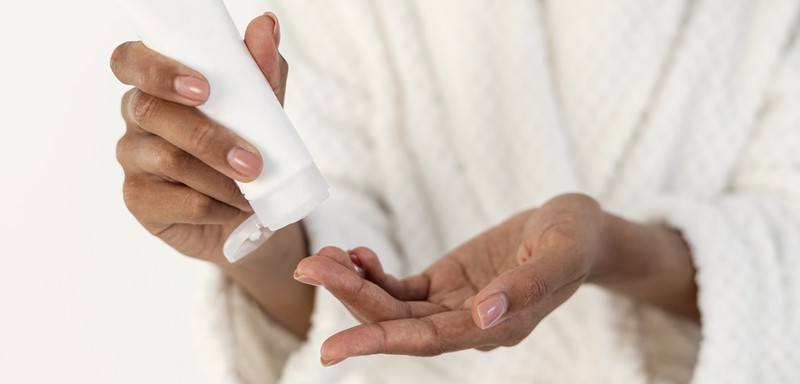
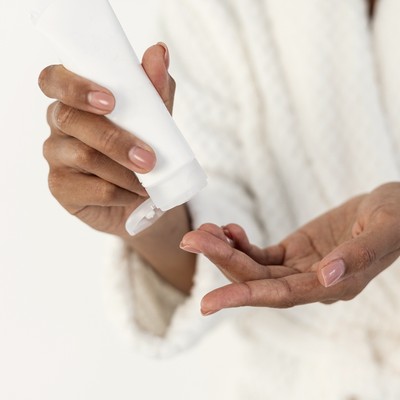
An Expert Guide To Looking After Your Hands
Why Are Hands Prone To Dryness & Early Signs Of Ageing?
“Our skin will inevitably begin to wrinkle and slacken as we age, and hands are one of the first areas to show it – mainly because they can get so dry. It is said that people can correctly guess someone’s age by looking at their hands alone. Why? Because they are put through more daily wear and tear than any other body part. We cook with them, clean with them, expose them to the elements and let them come into direct contact with hundreds of different chemicals daily, yet we continue to neglect them. It’s important to think about these factors and to remember that when it comes to anti-ageing, it’s not just our faces that deserve treatment.” – Nilam Holmes, skin specialist & founder of DermaSpa
Know The Ingredients That Help…
“If you’re suffering with dry hands with visible signs of ageing, restoring the skin barrier is key. Natural oils such as jojoba and apricot kernel oils are rich in fatty acids which work well to seal in moisture. I also recommend looking for creams that feature sodium hyaluronate – the most absorbable form of hyaluronic acid. Not only does this keep your hands full of hydration, it also helps other ingredients penetrate better for speedy results. I recommend niacinamide in a hand cream, too – this has key, calming properties and it’s important to reduce the inflammation that comes with dry skin. This will minimise ongoing ageing of the skin and provide immediate comfort.” – Dr Dev Patel, founder of CellDerma
“Use similar ingredients and textures to those you would on your neck and décolletage. Ingredients like shea butter, hyaluronic acid, glycerine and vitamin E and C are great for keeping hands supple and smooth. You can seek out retinol to repair and regenerate cells, too.” – Nilam
…And The Ingredients That Won’t
“Avoid using any hand care that contains fragrance – often listed as parfum on an ingredients list. It can lead to allergic dermatitis – especially if you’re already suffering with sensitivities. Certain alcohols can be incredibly drying, too. As for ingredients that simply won’t yield results, you can ditch collagen. Its molecular size is too large to be able to penetrate the skin barrier on your hands, so it won’t provide any benefit.” – Dr Dev
Focus On Using Serums
“While moisturisers are effective, serums contain more concentrated and potent ingredients, which are absorbed more easily. This makes them a great option for those looking to target specific problems and get rid of dryness. Try applying a serum to your hands nightly, locking in its benefits with a moisturiser on top. All the ingredients mentioned above are a great place to start, but serums with hyaluronic acid are also key as they replenish hydration and keep dry, flaky skin at bay. Try a serum containing vitamin E. This is a powerful antioxidant and it’s proven to prevent against further oxidative damage – think sun exposure and free radicals – while brightening and refreshing the skin.” – Nilam
Try To Exfoliate Weekly
“You might think you exfoliate enough just by washing your hands, but alcohol-based soaps can dry out the hands and cause irritation. A chemical exfoliant once a week (like a glycolic acid) is a better option as it swiftly removes the build-up of dead skin cells for softer, smoother and brighter-looking skin. You only need to do it occasionally, but it will make a huge difference to your hands’ appearance.” – Vanessa Charest, aesthetic nurse of London Real Skin
Don’t Buy Into ‘Volumising’ Hand Creams
“Personally, I don’t recommend volumising hand creams as they can trigger a temporary inflammatory response, causing hands to swell – similar to the way a plumping lip gloss might work. Instead, stick to hydration and look at more invasive options, too, if you feel the need.” – Vanessa
Take Note Of All Your Options
“If you’re on a budget, simple tweaks to your daily lifestyle like wearing rubber gloves can help. This is because cleaning agents in detergents are designed to remove fat, so they will happily do the same to the essential fats that sit within your skin. I also recommend applying a cream every time you wash your hands. If you get into the habit of doing this, you’ll notice a huge difference to your skin’s smoothness and tone. Likewise, wearing an SPF daily will prevent age spots, while thick creams (which don’t have to be costly) will always deliver the right amount of hydration to counteract the dryness regular washing can cause.”– Dr Dev
Consider These Treatments
“If you feel the dryness or any damage on your hands has gone too far, there are treatments that can help. Peels, laser resurfacing and Lumecca Intense Pulse Light (IPL) are all great ways to treat dryness, as well as sun damaged skin. The latter is one of the most effective treatments – you can clear up to 90% of pigmentation within two treatments. Likewise, injectable skin boosters like Profhilo can be beneficial – it’s a recognised choice for treating ageing, drying hands and works by stimulating the production of collagen and skin hydration with hyaluronic acid. The result? Softer, smoother hands that have visibly less lines and wrinkles, thanks to the plumping effect the treatment offers. Finally, Morpheus is another option to consider – a microneedle-assisted radiofrequency device is used to remodel your skin’s tissue, boosting your hands’ collagen and elastin levels for firmer, tighter and softer skin.”– Dr Dev
Finally, Do Visit Your GP If You Have Concerns
“While we are all susceptible to ageing hands and dryness, the latter can become quite painful. If you can’t resolve dryness or peeling and inflamed skin, don’t put off seeing your GP. A thorough medical examination may be able to identify one of the many causes of dryness. Often, your medical practitioner can also do a patch test to help identify any potential allergens that could be causing extreme inflammation, so it’s always worth seeking out their advice.”
SL Recommends: DermaSpa; The Esho Clinic; Dr Richard Sibthorpe Aesthetics Clinic; SKN Clinics; Therapie Clinic
Shop Our Favourite Anti-Ageing Hand Treatments...
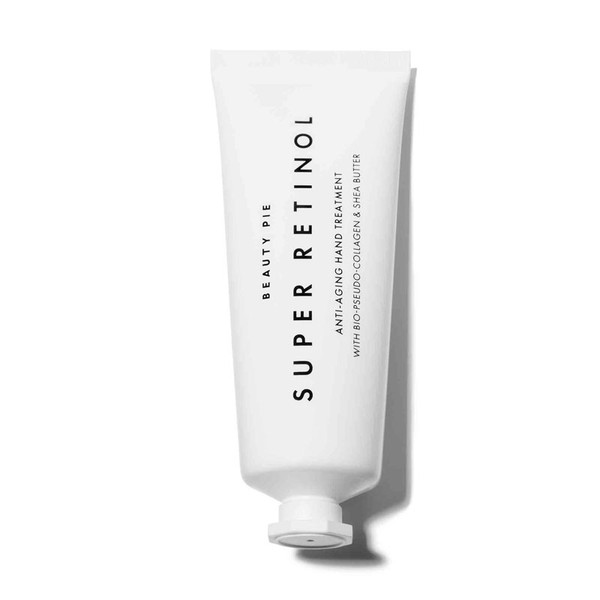
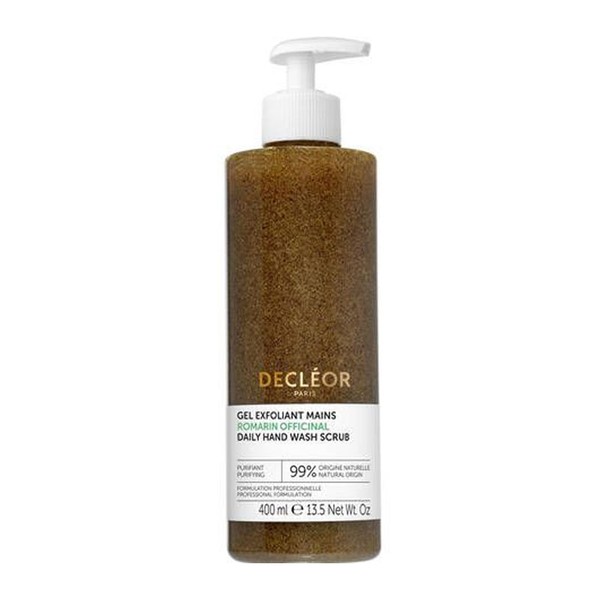
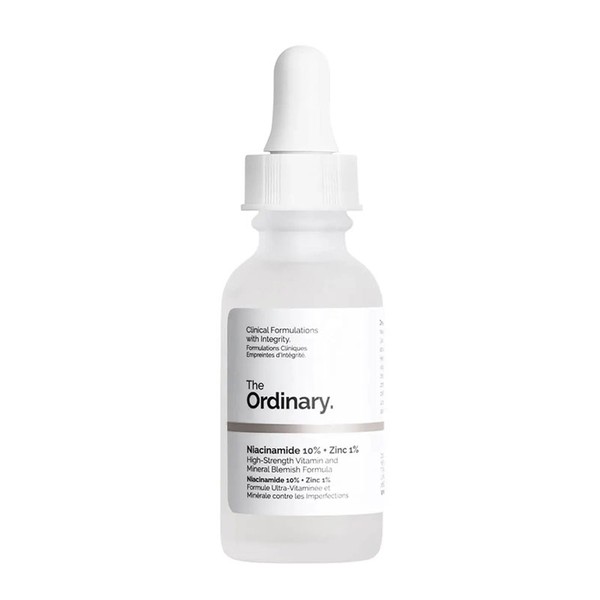
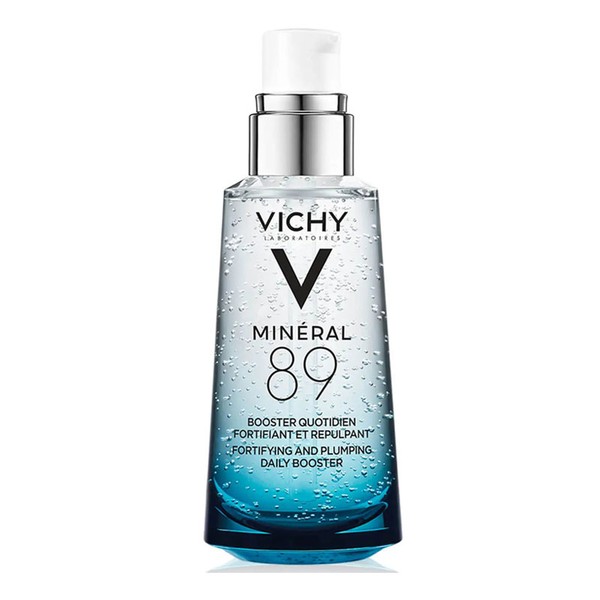
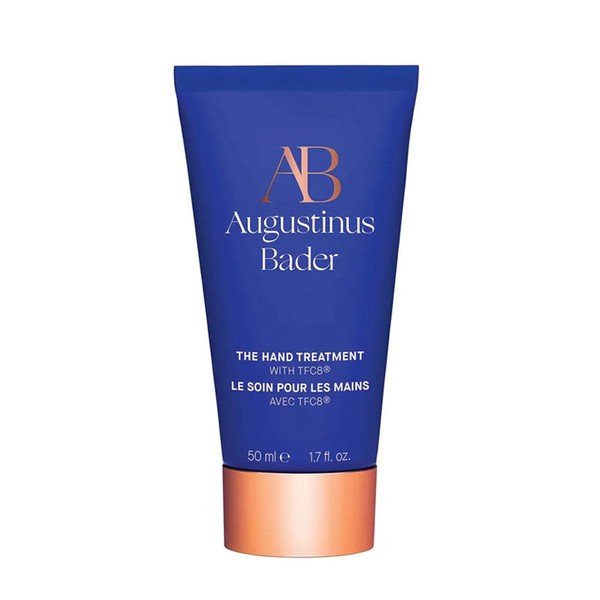
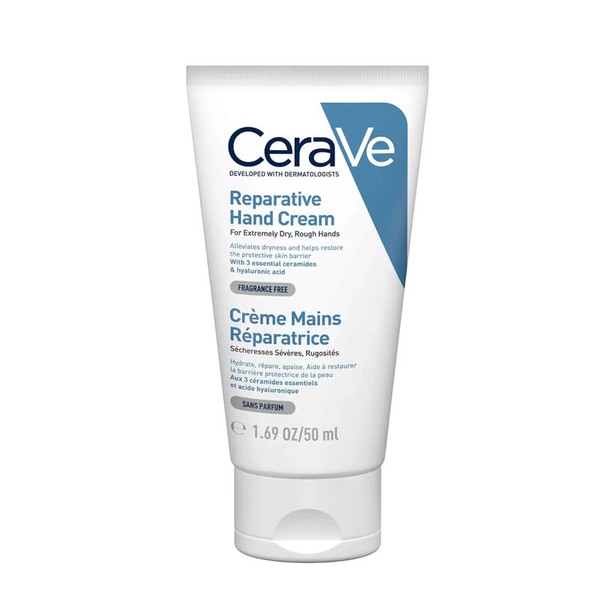
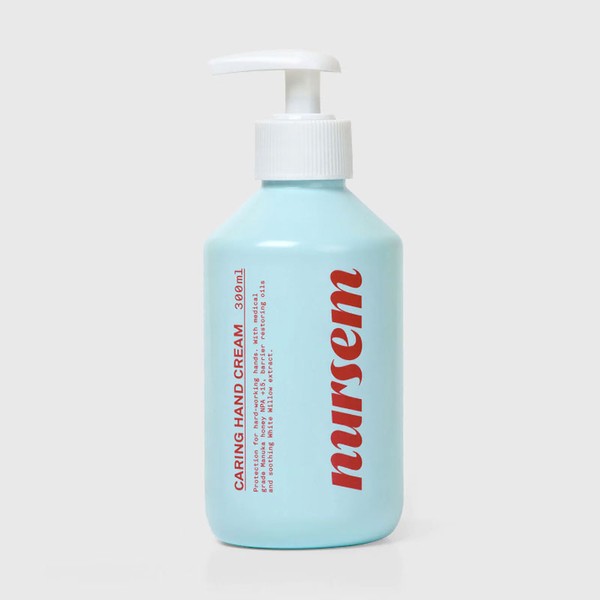
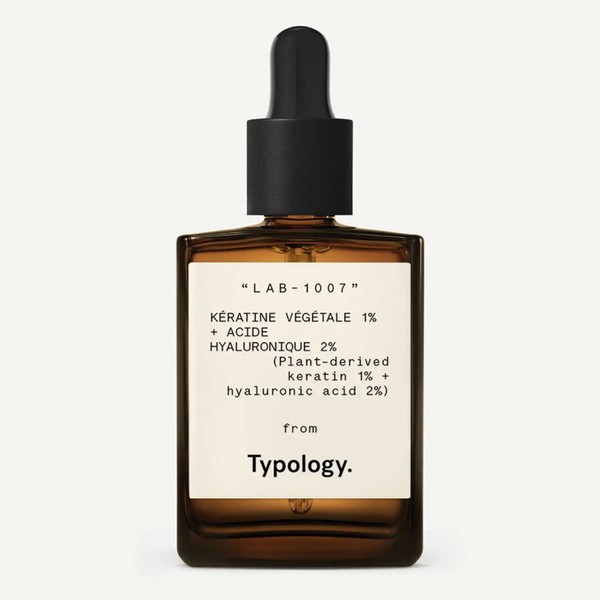
DISCLAIMER: Features published by SheerLuxe are not intended to treat, diagnose, cure or prevent any disease. Always seek the advice of your GP or another qualified healthcare provider for any questions you have regarding a medical condition, and before undertaking any diet, exercise or other health-related programme.
DISCLAIMER: We endeavour to always credit the correct original source of every image we use. If you think a credit may be incorrect, please contact us at info@sheerluxe.com.

